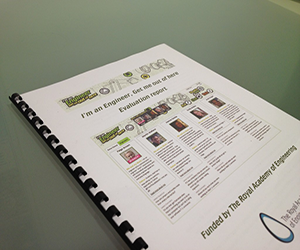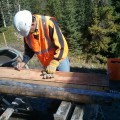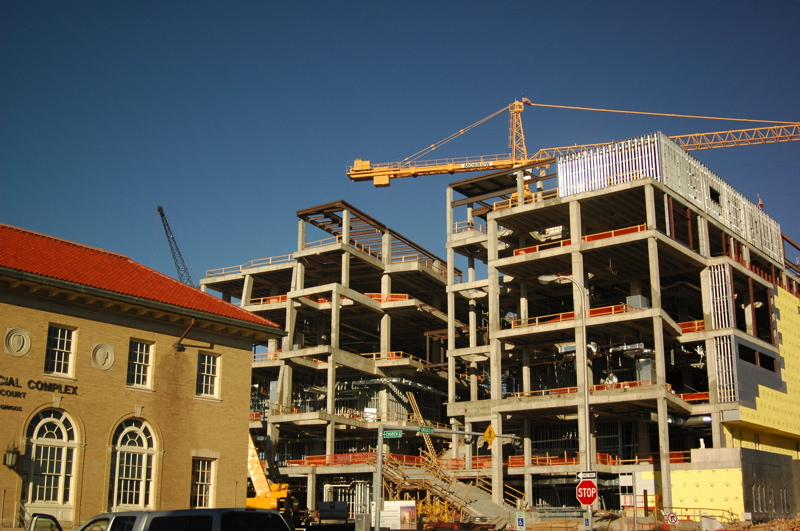
Engineering proposals are the industry standard document for which engineering consultant selection decisions are made. For engineering consulting firms, they are the primary method of securing new work. For the owners they are indispensible as a means to differentiate between consultants. But what are the major parts of an engineering proposal?
Project Comprehension
A typical engineering proposal will need to document superb technical comprehension of the project. In this section, the technical issues are listed and some of the alternatives discussed. This section was always the most difficult to wrap my head around, because where I came from the industry was “small enough” that they should know our qualifications. So maybe we could miss something and someone much less experienced could “out-write” us to better score in this category. From the recipient’s point of view though, it is very important that a show of technical competence be a part of the proposal, and it is not likely that any one small detail will swing the proposal in one direction.
There isn’t alot of guidance I can give you here for writing this section because this is where your technical know-how has to shine. I always write the section once, and look at it multiple times from different perspectives. Imagine each phase of the project as it would be carried out and think about what all of the relevant technical issues are.
Project Scope
An engineering proposal needs to accurately define the project scope. Because confusion related to the project scope is the leading cause of project failure (or problems), it is imperative that the scope be defined as accurately as possible so that issues do not arise. And when they do, they can be dealt with much more easily when everyone knew what work was supposed to be performed within the boundaries of the project.
Generally the stakeholders of the project interpret grey areas of the project scope in their favor. For example, if the purchase of adjacent land was not mentioned in the proposal for an interchange construction project, the owner is likely to interpret that it was included, but the engineer is likely to interpret that it was not. To the owner, it appears to be “a part of the job.” To the engineer, it appears to be overlooked and therefore not part of the project as defined.
Project Team
Normally an engineering proposal will require a description of each project member, their role on the team, and a professional resume. Naturally the strength of the project team is a factor in the selection of a qualified engineering consultant, and there isn’t much you can do about this if your competitors have more relevant experience than you.
But make sure all of the relevant experience of the team members are present. You would be surprised how good the smallest things can sound, for example an engineer spending 10 years in the field interpreting contracts may not be glamorous, but it doesn’t sound that bad on a proposal if you throw in a sentence or two on contract expertise.
Project Budget
Of course, the price of the engineering services is an important consideration. The prospective consultant should price out each member according to an appropriate charge out rate and the number of hours required for each phase, and provide a summary. Engineering associations advocate for a consultant selection based on merits rather than price, but price will always be a factor.






